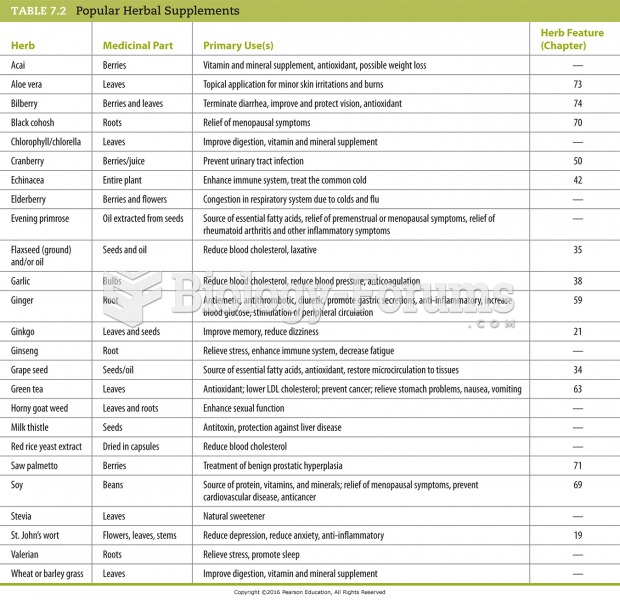|
|
|
Approximately 15–25% of recognized pregnancies end in miscarriage. However, many miscarriages often occur before a woman even knows she is pregnant.
To maintain good kidney function, you should drink at least 3 quarts of water daily. Water dilutes urine and helps prevent concentrations of salts and minerals that can lead to kidney stone formation. Chronic dehydration is a major contributor to the development of kidney stones.
The term pharmacology is derived from the Greek words pharmakon("claim, medicine, poison, or remedy") and logos ("study").
More than 50% of American adults have oral herpes, which is commonly known as "cold sores" or "fever blisters." The herpes virus can be active on the skin surface without showing any signs or causing any symptoms.
Vital signs (blood pressure, temperature, pulse rate, respiration rate) should be taken before any drug administration. Patients should be informed not to use tobacco or caffeine at least 30 minutes before their appointment.
 A depiction of slaves on a South Carolina plantation, around 1790. Likely of Yoruba descent, they pl
A depiction of slaves on a South Carolina plantation, around 1790. Likely of Yoruba descent, they pl
 A noose hanging from a “Liberty Tree” reveals this artist’s bias: The “tar-and-feathering” of a Brit
A noose hanging from a “Liberty Tree” reveals this artist’s bias: The “tar-and-feathering” of a Brit





